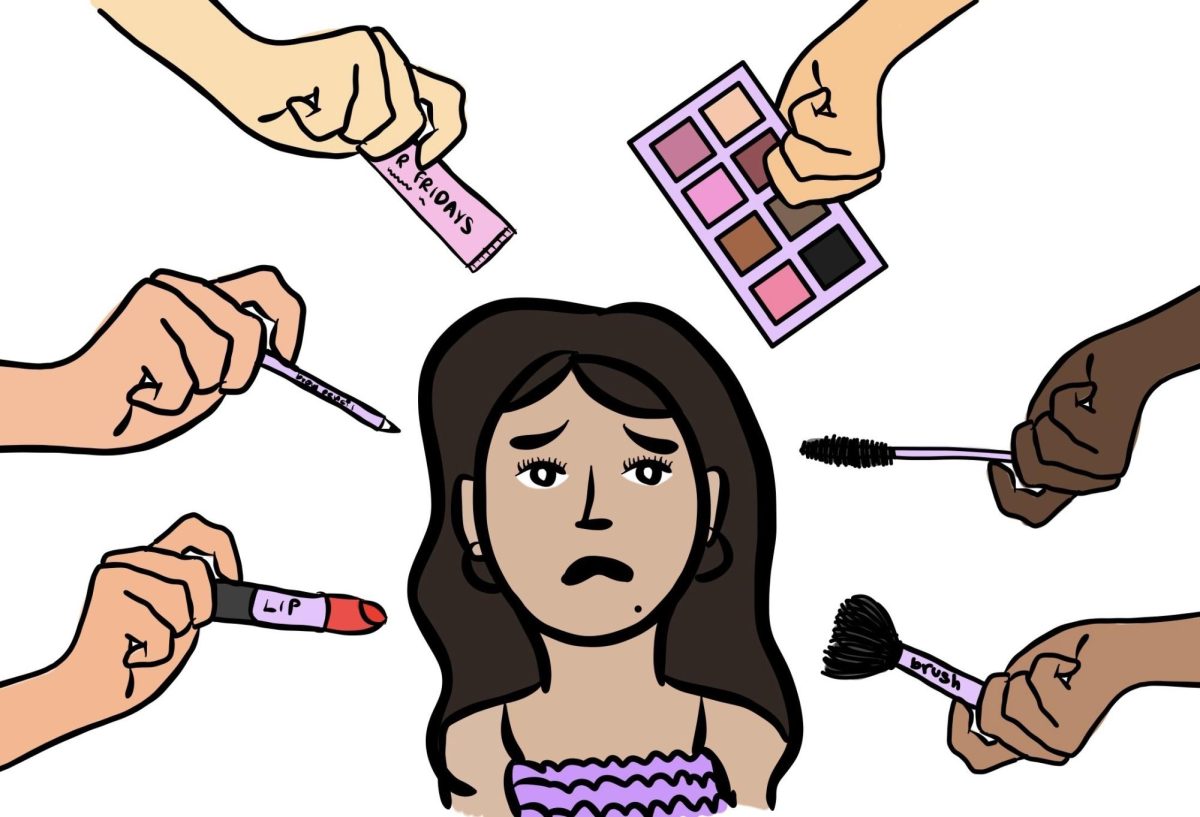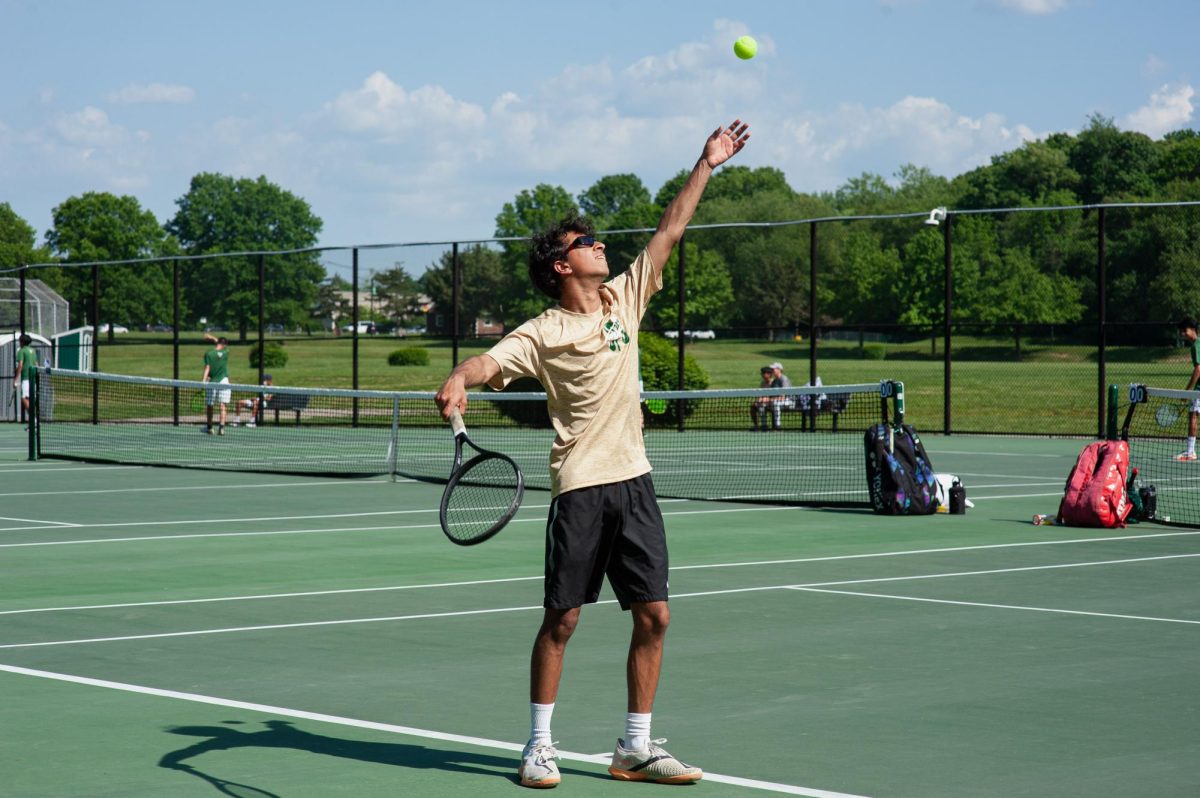The Olympic Games have long symbolized unity, peace, and human excellence, transcending borders and conflicts to bring together the world’s greatest athletes. Yet recent decisions to ban athletes from certain countries– most notably Russia and Belarus – have reignited a longstanding debate. Should athletes be barred from competition simply because of their country’s actions? The answer is clear: athletes should not be excluded from the Olympics based on their nationality, as this practice contradicts the core values of the Olympic Games and unfairly perpetuates harmful stereotypes. Instead, athletes should be judged based on their individual actions and merits.
At the core of this issue is the fundamental principle upon which the Olympic Games were founded. The Olympics were created as a platform for setting aside global tensions, allowing nations to engage in peaceful competition while fostering international cooperation. The Olympic Charter is explicit in its mission; according to Fundamental Principle #6, the Olympics strives to promote peace and mutual understanding through sport, ensuring that “the rights and freedoms set forth in this Olympic Charter shall be secured without discrimination of any kind, such as… political or other opinion, national or social origin, property, birth or other status.” Excluding athletes based on their nationality or the actions of their government transgresses this principle. Such bans impose a collective punishment on individual athletes, blaming them for their country’s actions and distorting the true nature of sport as a unifying force.
Nationality-based bans in sports often stem from a desire to assert national identity and to use athletes as instruments of propaganda, particularly during times of conflict. Governments may impose these bans to distance themselves from the actions of certain regimes or to signal political disapproval, believing that such measures will demonstrate moral clarity or solidarity with affected populations. However, this approach is fundamentally flawed and counterproductive. It perpetuates the idea that athletes are mere extensions of their governments, stripping them of their individuality and reducing their achievements to mere political statements. The case of athletes from the Federal Republic of Yugoslavia during the 1990s illustrates this point. While they were banned from international competitions, a group was permitted to compete as “Independent Olympic Participants.” This situation highlights a critical flaw in the rationale for bans: it is possible to acknowledge the political context while still allowing individual athletes to showcase their talents. Such bans not only punish athletes for actions beyond their control but also fail to address the root causes of conflict. Instead of promoting unity and understanding, they foster division and reinforce harmful stereotypes about entire nations. A more effective approach would be to support athletes as ambassadors for peace, allowing them to compete and advocate for change from within the global arena.
Moreover, athletes from nations embroiled in conflict often emerge as symbols of hope, resilience, and inspiration for the world. These athletes represent the power of human determination to overcome the darkest of circumstances. In the face of war and chaos, they demonstrate the strength of the human spirit. They are often among the most effective advocates for peace, leveraging their visibility to promote change. Athletes also have an extraordinary platform for promoting social change . In fact, according to Forbes, “the Paris Olympics averaged 30.6 million viewers across NBCU platforms,” giving these athletes a massive global audience. If we bar them from the Games, we eliminate an opportunity for them to use their influence to advocate for peace and unity. By silencing these voices, we strip the Olympics of their potential to inspire global dialogue and action for positive change.
Some may argue that sports and politics are inherently linked, particularly when governments use athletes as instruments of national propaganda. While this concern may hold some merit, it is not entirely true because many athletes possess their own voices and convictions that can transcend the political narratives imposed upon them. Consider Russian tennis star Audrey Rublev, who, just days after the invasion of Ukraine, took a bold stand by writing “No war please” on a camera lens following a tournament win. Rublev’s actions highlight that not every athlete is complicit in their government policies, nor should they be treated as such. By banning athletes like Rublev, the message sent is one of exclusion and division. The Games should continue to represent human achievement and unity, rather than becoming a battleground for political dispute.
Ultimately, the Olympic Games must remain a sanctuary for unity, excellence, and peace. Excluding athletes based on their nationality undermines the very purpose of the Olympics and risks reinforcing unfair stereotypes and prejudices. Athletes should be evaluated on their personal merits, rather than the political controversies surrounding their home nations. In a world so often divided by conflict, the Olympics must stand as a beacon of hope and cooperation, reminding us that in sports– and in life– unity can and should prevail.














![Conceicao, E. “Spirit Animal” [Image]. https://tehchan.artstation.com/projects/2weAB](https://hawkeyejps.com/wp-content/uploads/2024/05/ester-conceicao-spiritanimal-1200x943.jpg)

![The Sofia Center (c. 2022)“Love the Rain”[Image]. Miami, Florida.](https://hawkeyejps.com/wp-content/uploads/2024/05/Screenshot-2024-06-06-at-6.34.45-PM.png)








![Leadingham, S. "Objectivity in Journalism: A Fair but Flawed Idea?" [Image]. https://www.freedomforum.org/objectivity-in-journalism/](https://hawkeyejps.com/wp-content/uploads/2024/05/1000x564_column_120423.jpg)

